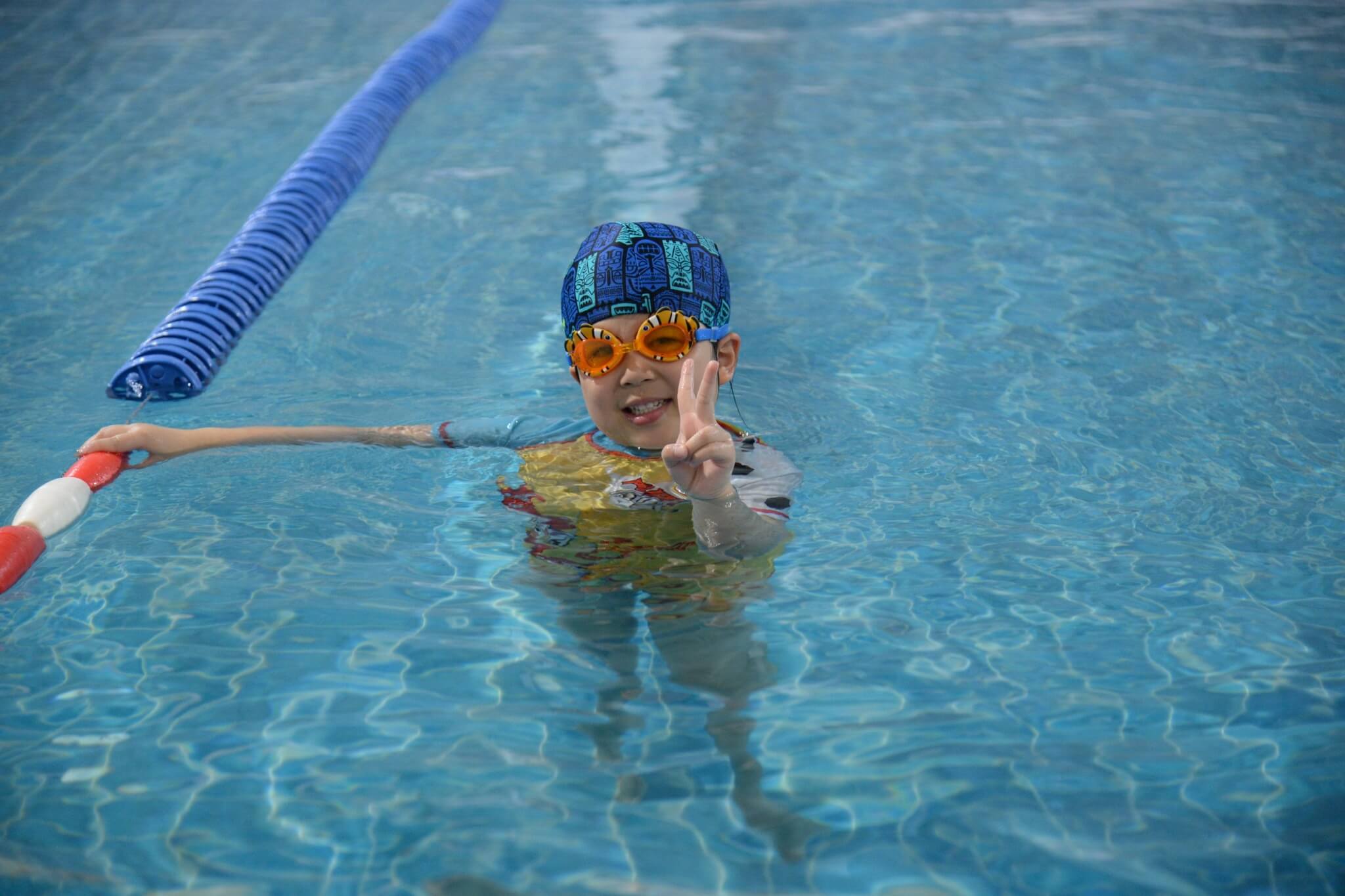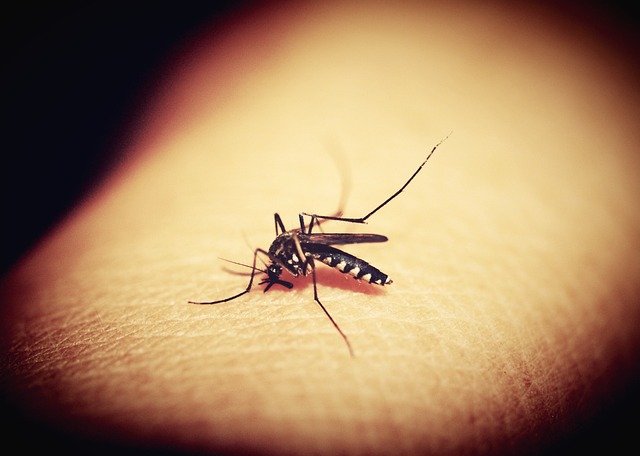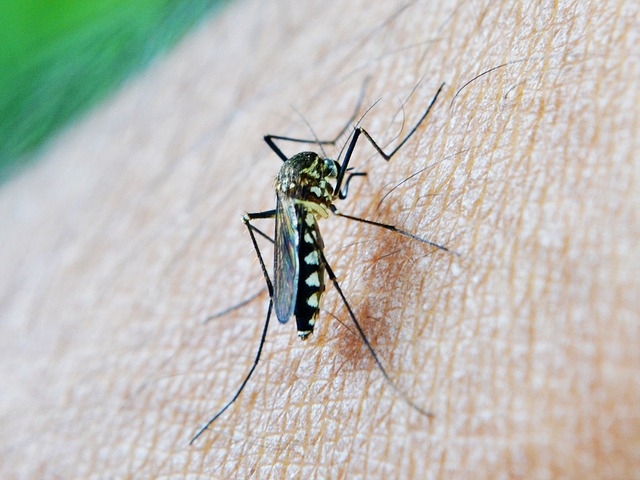Living in Thailand, where drowning stands as the leading cause of children’s deaths, underscores the critical importance of water safety for parents. The lax health and occupational safety regulations contribute to this alarming statistic, with many condominiums and apartments featuring unfenced pools and areas around water that lack proper visibility. Open water, especially in these settings, proves irresistibly enticing to adventurous toddlers, and tragically, it takes mere minutes for a potentially fatal incident to unfold. Here are five essential tips for parents to ensure their children’s safety around water.
1. Maintain Constant Vigilance: Never lose sight of your child near any water source. Surprisingly, drowning can occur in as little as 2 centimeters of water, emphasizing the necessity for heightened awareness. Even seemingly harmless places like bathtubs require continuous monitoring. Importantly, drowning is a silent peril, devoid of audible indications of distress.
2. Early Introduction to Swimming: Commence your child’s exposure to swimming as early as possible, starting as young as three months. Utilize bath time as an opportunity to gradually acclimate your child to full-face immersion. Employ a colorful plastic cup, and with a reassuring countdown, slowly pour water down the child’s neck and back. Progress over time to pouring water over the back of their head, ensuring a consistent routine. This gradual approach helps mitigate fear, making the child comfortable and prepared for water-related activities.
3. Consistent Bath Time Routine: Maintain a consistent bath time routine, reinforcing the learned comfort with water. As the child begins to anticipate the water pour, gradually progress to pouring water over the top of their head and down their face. Initial tears may occur, but with persistence, children learn to close their eyes on command, overcoming fear and establishing a crucial water safety skill.

4. Caution with Flotation Devices: Avoid reliance on flotation devices in the pool. Not only can a child roll over face down in the water, but dependence on these devices may prove challenging to overcome during swimming lessons. Emphasize the importance of swimming skills over reliance on external aids.
5. Active Participation in Pool Time: Engage actively in pool time with your child, transforming it into an enjoyable yet educational experience. Grant them independence to explore and play in the water with your reassuring presence. While initial apprehension may arise, exhibit confidence as a parent. Allow them controlled independence, facilitating the gradual breakdown of fear barriers and fostering their confidence in the water.





